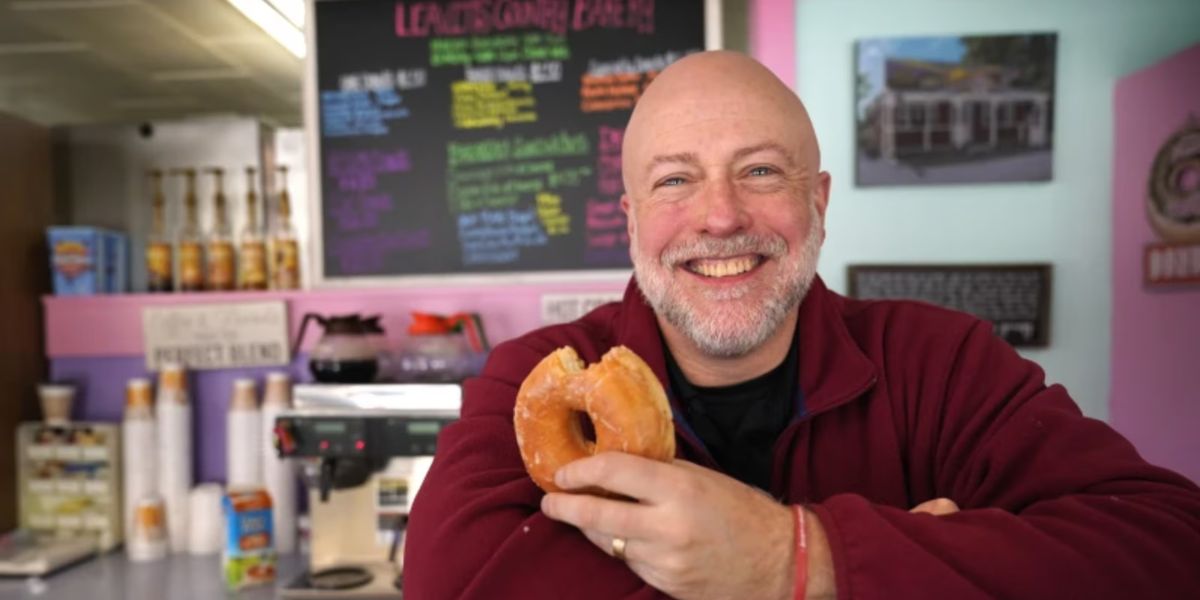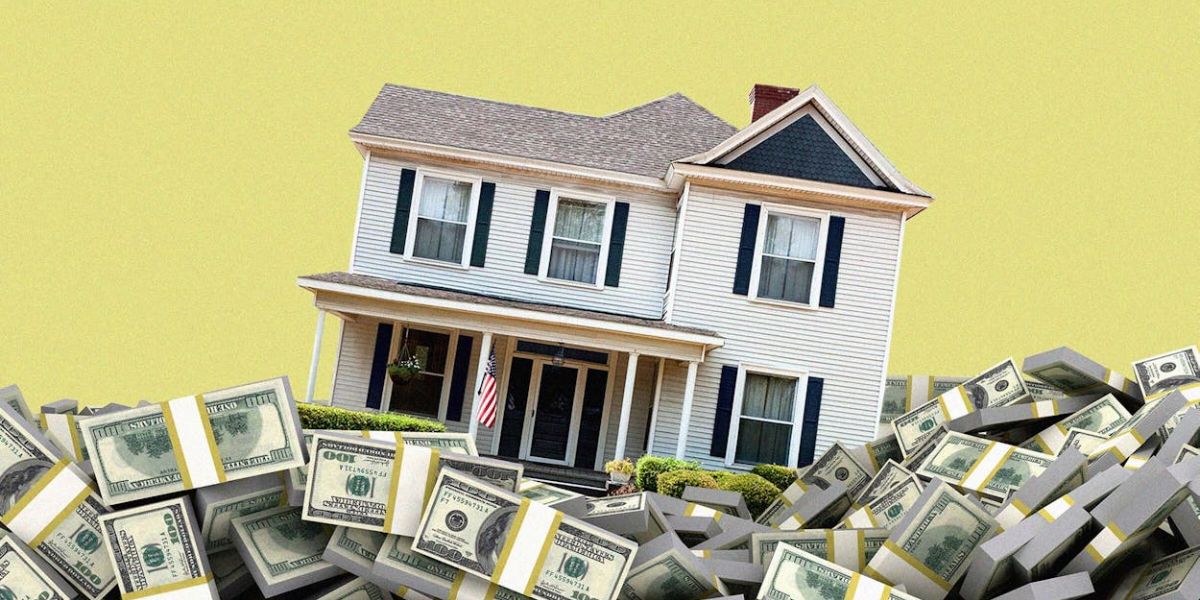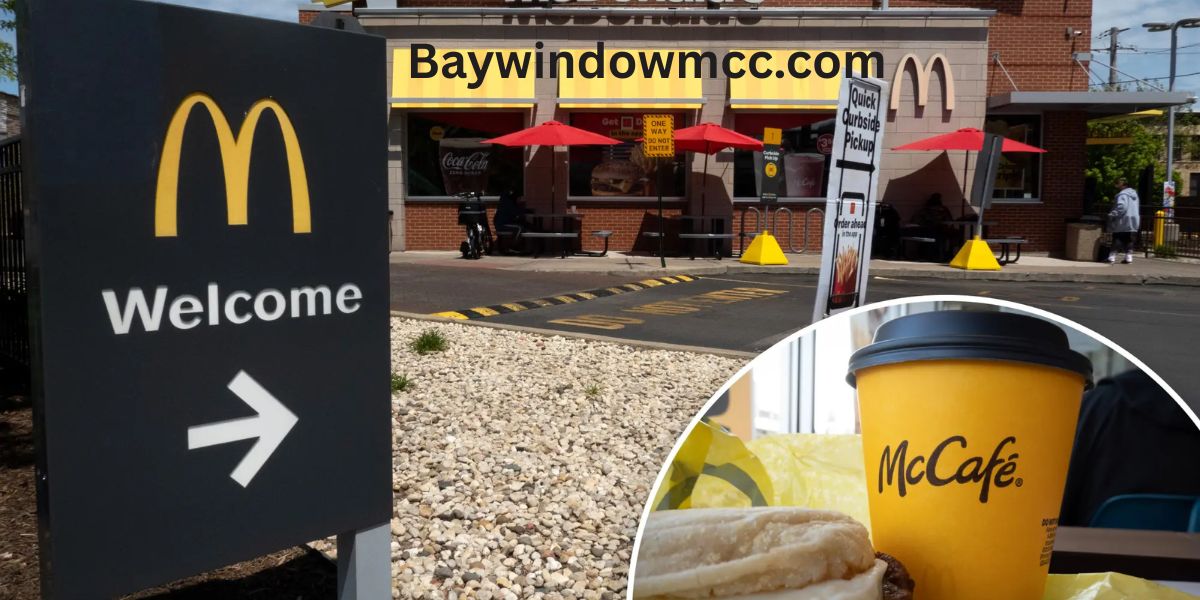CONCORD, N.H. — A New Hampshire bakery owner has won a legal battle after the town of Conway attempted to force him to remove or alter a mural that depicted sunbeams shining down on a mountain range of doughnuts, muffins, cinnamon rolls, and other pastries. The town’s actions were deemed unconstitutional by U.S. District Judge Joseph Laplante, who ruled that Conway had infringed on the bakery owner’s free speech rights.
A Victory for Free Speech
The case stemmed from a dispute over a mural painted by high school students on the side of Leavitt’s Country Bakery in Conway. The town argued that the mural, which measures about 90 square feet, exceeded the size allowed under local sign codes. The zoning board had initially decided that the mural was a sign—since it depicted baked goods sold in the bakery—and therefore violated the town’s regulations.
However, Judge Laplante found that there was a “complete disconnect” between the town’s sign code and its enforcement of the mural’s removal. He emphasized that the ordinance was illogical in its application, particularly in regards to the artistic nature of the painting.
“I’m thrilled that the students’ artwork can remain up, I’m thrilled that my First Amendment rights have been vindicated, and I’m thrilled that the community can continue to enjoy the beautiful piece of art,” said bakery owner Sean Young, expressing his relief after the ruling.
Town’s Defeat and the Public’s Reaction
The ruling was celebrated by local residents and supporters of the bakery, with many expressing their admiration for the students’ work. Gay Moceri, a former English teacher, voiced her support, saying the town’s actions were sending a harmful message to the students who had worked hard on the mural. “I’m happy for him, and I’m happy for the community that we get to keep this beautiful piece of art,” she added.
James Lewkowicz, a local resident, called the town’s stance “illogical” and expressed his happiness that the mural would remain intact. “I thought the town was mean. It’s little kids’ paintings,” he said, adding that he hoped the students who painted the mural would come back for a “donut party.”
Legal Perspective
The town’s lawyers argued that enforcing regulations on the size of signs served a legitimate government interest in preserving the town’s aesthetics and promoting safety. However, Judge Laplante disagreed, noting that Conway’s sign regulations were overly broad and that the interests the town sought to protect were not valid if only signs depicting products sold on the premises were regulated.
In 2023, Young had sued the town after being instructed to remove or modify the mural. He had faced potential misdemeanor charges and fines after his appeals were rejected. The town’s broad definition of a “sign,” which included anything that used color, form, graphics, or symbols to communicate any message, was also a key issue in the case.
Community Support and Ongoing Efforts
Following the ruling, Conway’s legal team issued a statement acknowledging their disappointment but reaffirming their commitment to ensuring that constitutional rights are respected. The town has indicated that it will continue to balance public safety and aesthetic concerns with the rights of its residents.
For now, the mural remains on the side of Leavitt’s Country Bakery, a testament to the power of free speech and community support for artistic expression.

 by
by 

